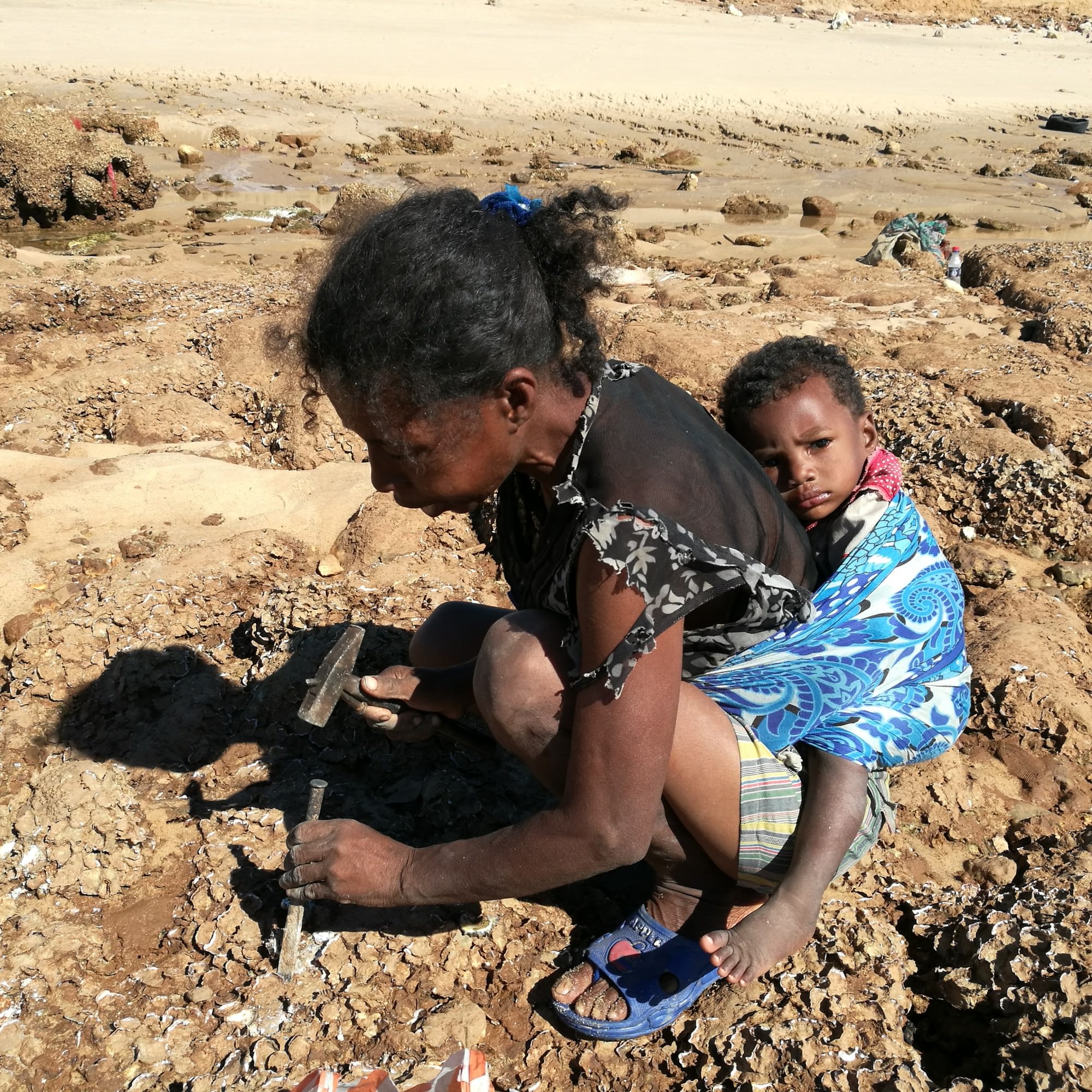World
Shocking & Shameful: 50% of Global Slavery in World’s Richest Nations
By Belal Awad · July 22, 2023

Modern slavery, with an estimated 50 million people worldwide ensnared in its grip, is on the rise. Over half of its victims are found within the borders of G20 nations, the world’s wealthiest economies. The revelation shatters the illusion that modern slavery is a distant issue, confined to far-off lands. It’s the inconvenient truth behind the one of the world’s grimmest, most tragic realities.
Grace Forrest, Founding Director of Walk Free, attributes the surge in modern slavery to the socio-economic fallout of the Covid-19 pandemic. Forrest said the surge is the “direct result of the Covid 19 pandemic. We saw Somalia try and re-legalize child marriage for children as young as eight years old. Looking at the economic effect, the impact a family could have from a dowry. And we saw… in my region of the world in Indonesia, over a 50% increase in applications for child marriages.” She further emphasizes the vulnerability of marginalized groups, particularly women and girls, during times of crisis, adding, “I think often in times of crisis, we forget that the first thing to go, because it is most fragile, is the rights of the woman and the girl.”
Walk Free’s Global Slavery Index identifies countries such as Saudi Arabia, Turkey, Russia, North Korea and Afghanistan as long having high levels of slavery, Forrest said the problem is now a global sourge. More than half of slavery’s victims live in G20 nations. “This is not a problem that happens over there,” Forrest said. “It is actually happening on the shores of the world’s most wealthiest nations.”
From the technology to clothing, slave labor is embedded into the global supply chain, and increasingly into the products used within the world’s richest nations. Sadly, one of the top-five products vulnerable to this wretched exploitation: solar panels. Forrest explains, “We’re looking at almost half a trillion dollars in import risk of the G20 countries of goods… being made using forced labour. This could be as close as the technology we’re speaking on today, as the shirt on your back.”
While Forrest and her colleagues continue to press for stronger action from government and business to erradicate slavery, she also urges consumers to do their part, noting that most are unaware of the origins of the products they use each day. As Forrest said, “It’s not okay that in 2023, most of us have no idea where our clothes are coming from. It’s time that we put transparency and accountability as the rule, not the exception.”
Light Wave commentary
The modern slavery crisis is far more pervasive and proximate than many realize. The revelation that more than half of the victims reside within G20 countries should serve as a stark wake-up call to us all. It is a social virus that is now rife within the world’s richest nations, and has embedded itself deep within the global supply chains for everything from clothing to solar panels.
Surely, in the year 2023, government officials, business leaders and advocates can join forces to solve this shameful problem. This is not about wokeness. This is not about the left - or about the right. It’s about basic humanity.